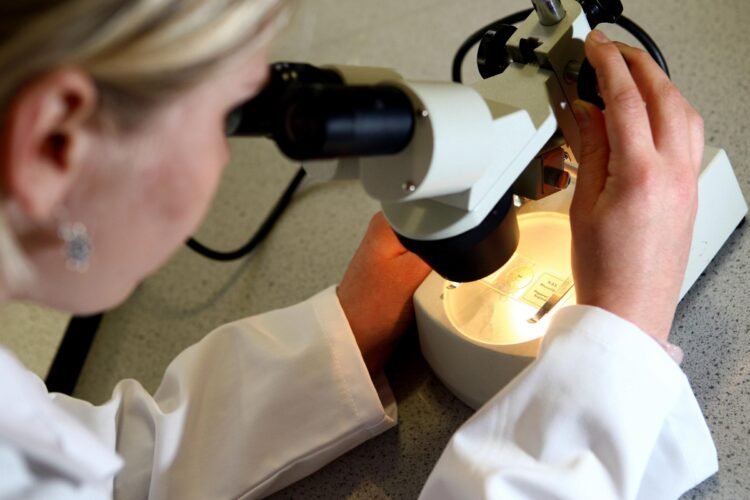By Ashley Cole-
New research indicates a surprising connection between gut bacteria and inherited eye diseases, potentially opening doors to novel treatment approaches.
The study, conducted in mice, suggests that sight loss in certain genetic eye conditions may be attributed to gut bacteria infiltration and could potentially be mitigated through antibiotic treatment.
Co-lead author Professor Richard Lee, from the UCL Institute of Ophthalmology and Moorfields Eye Hospital NHS Foundation Trust, revealed, “We found an unexpected link between the gut and the eye, which might be the cause of blindness in some patients.”
This revelation shows the intricate interplay between the gut microbiome and ocular health, shedding light on a previously unexplored avenue for therapeutic intervention.
The study focused on the impact of the Crumbs homolog 1 (CBR1) gene, a pivotal regulator of ocular homeostasis. Mutations in this gene are associated with various inherited eye diseases, including Leber congenital amaurosis (LCA) and retinitis pigmentosa (RP), which collectively account for a significant proportion of blindness cases worldwide.
Researchers observed that the CBR1 gene plays a crucial role in maintaining barrier functions in both the gut and the retina. However, mutations in this gene compromise its effectiveness, leading to breaches in barrier integrity.
Consequently, harmful bacteria from the gut can infiltrate the body and reach the eye, precipitating retinal lesions and subsequent sight loss.
“Our findings could have huge implications for transforming treatment for CRB1-associated eye diseases,” Professor Lee emphasized. By targeting gut bacteria with antimicrobials, such as antibiotics, researchers were able to prevent sight loss in mice, offering a glimmer of hope for potential therapeutic strategies in humans.
While the study represents a significant advancement in our understanding of inherited eye diseases, further research is warranted to validate these findings in clinical settings and explore their applicability to human patients.
As Professor Lee noted, “We hope to continue this research in clinical studies to confirm if this mechanism is indeed the cause of blindness in people, and whether treatments targeting bacteria could prevent blindness.”
Inherited eye diseases pose a significant public health challenge, particularly in the UK, where they rank as the leading cause of blindness in working-age individuals. The irreversible nature of sight loss underscores the urgency of developing effective treatments to alleviate the burden faced by affected individuals and their families.
Historically, the focus of treatment development for inherited eye diseases has centered on gene therapies.
However, the emergence of this novel research paradigm underscores the importance of exploring alternative therapeutic avenues, such as targeting gut bacteria, to address the multifaceted nature of these conditions.
With continued investment in research and innovation, we stand poised to revolutionize the landscape of eye care and offer renewed hope to millions affected by these debilitating conditions.

